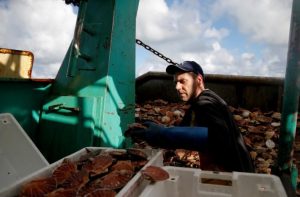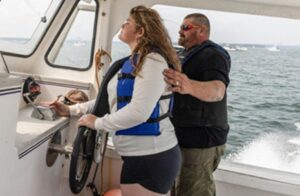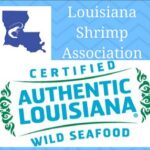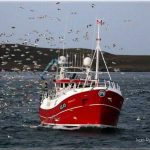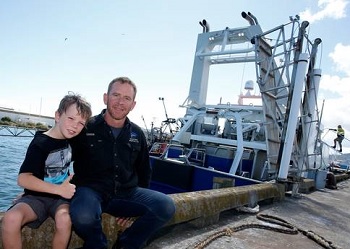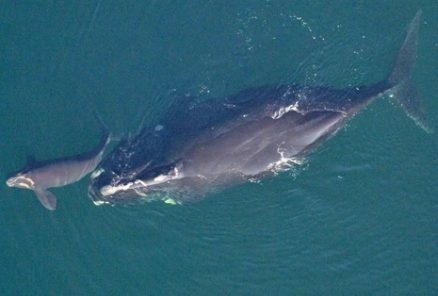Daily Archives: July 27, 2020
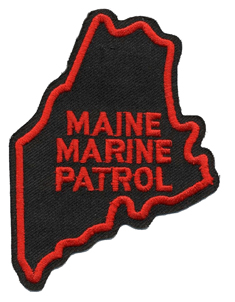
UPDATED: Maine Marine Patrol Investigates Apparent Fatal Shark Attack today near Bailey Island
The Maine Marine Patrol is investigating the fatality of a woman today near Bailey Island. According to Marine Patrol, an eye witness reported that the woman was swimming off the shore near White Sails Lane when she was injured in what appeared to be a shark attack. Kayakers nearby brought her to shore and EMS responders were called to the scene where she was pronounced deceased. No other information is available at this time and the investigation into the incident is continuing. More information will be provided as it becomes available. Until further notice, swimmers and boaters are urged to use caution near Bailey Island and to avoid swimming near schooling fish or seals. The identity of the woman is being withheld pending notification of family. Department of Marine Resources 19:35
Woman dead from apparent shark attack in Maine – The Maine Marine Patrol says they are investigating the death of a woman who was injured in an apparent shark attack Monday afternoon. According to Marine Patrol and News Center Maine who spoke with witnesses at the scene, a woman was swimming off the shore near While Sails Lane. video, >click to read< 21:12
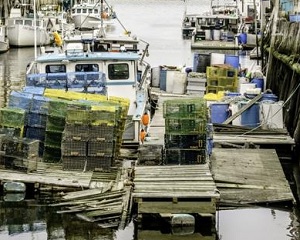
Maine lobstermen prepare for uncertain summer season, hoping for further federal relief
More than 1,300 lobstermen in Maine – about 1 in 3 – received forgivable loans through the Paycheck Protection Program (PPP), with the majority amounting to roughly $10,900.,, New data from the U.S. Small Business Administration shows that altogether, Maine’s lobster industry received roughly $24 million in PPP funding, the most given to any business concern in the state; dine-in restaurants, beauty salons, real estate, and home building received the next highest amounts. While the bulk of the fishing sector money – nearly $15 million – went to fishermen, some dealers, retailers and processors received loans between $150,000 and $1 million. >click to read< 17:49
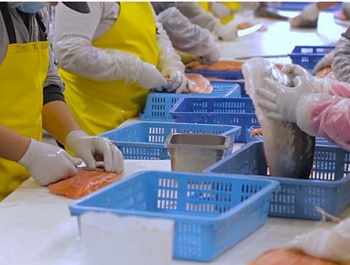
Juneau processor sanitized, screened, quarantined but Coronavirus still got in
On July 4, a Juneau resident who works at Alaska Glacier Seafoods started showing COVID-19 symptoms. He quarantined at home immediately and got tested. “Unfortunately, you can be contagious for days prior to showing symptoms,” said Jim Erickson, vice president and co-owner of the company. “That’s what makes this disease so hard to get in front of.” Health officials who investigated the case say it resulted from community spread — not from inside the plant. “We’re not sure where he contracted it initially, because he’s probably not sure,” Erickson said this week. “I mean, let’s face it, you could pick it up anywhere.” >click to read< 15:10
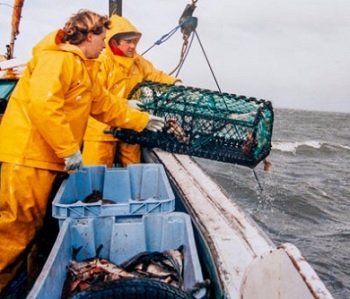
Stop treating fishing like a second class industry
It is true that fishing represents only a small part of our total economy, but the Government should not undervalue the thousands of jobs fishing creates not just on boats large and small, but in processing, logistics and food service. They are also at risk of ignoring the cultural and historical importance of fishing as part of our maritime heritage and our communities. The creation of this Trade and Agriculture Commission is to be welcomed and the NFU and its supporters congratulated for their successful campaign. >click to read< 10:53

Here comes that “tracking your activity science”! URI researcher to map commercial fishing activity to help reduce conflict between fishing, wind industries
“I’m exploring a new way of improving spatial planning for offshore wind,” said URI Associate Professor Thomas Sproul. “One of the biggest sources of delay in the regulatory process for offshore wind has been because of the conflicts with commercial fishing.” Sproul said. Partners include the Massachusetts Fishermen’s Partnership, the Commercial Fisheries Research Foundation, the Responsible Offshore Development Alliance, and the Commercial Fisheries Center of Rhode Island. Julia Livermore, a supervising marine biologist for the Rhode Island Department of Environmental Management, is also collaborating on the project. >click to read< 09:30
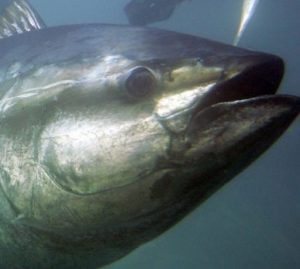
Is It Time To Start Eating Western Atlantic Bluefin Tuna? Yes, it is, Margot! Its Sustainable!
Back in January, the Monterey Bay Aquarium Seafood Watch quietly changed their sustainability rating for western Atlantic bluefin tuna from Avoid to Good Alternative. Their report states that Atlantic bluefin caught using more sustainable fishing practices (e.g., rod and reel, harpoon, or larger fishing nets called purse seines) are a good alternative to higher risk commercially fished options. The authors note that additional research would need to be done to prove definitively that the Atlantic bluefin is no longer overfished, but the evidence points toward a healthy stock. They cite low bycatch in the handline and harpoon fisheries and “moderately effective” management as reasons for the changing the rating. Randy Blankinship, chief of NMFS’ Highly Migratory Species Management Division was quoted saying “when seafood consumers purchase Atlantic bluefin tuna caught in the United States, they’re supporting robust environmental standards that bolster both bluefin populations and our economy.” This should be good news, but it’s hardly been news at all. >click to read< 08:24
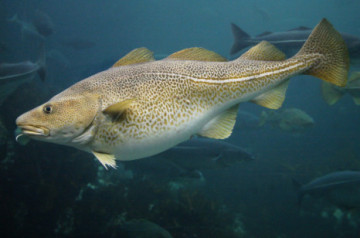
Icelandic Cod Spray Bodes Well Against Coronavirus
While several countries across the globe are vying to create a vaccine against COVID-19, Iceland, a nation of fishermen, has come up with a possible solution of its own. PreCold, a mouth spray intended to be used against the first symptoms of a cold based on cod enzymes, has proven efficient during tests and managed to deactivate about 98.3% of the virus that causes COVID-19, national broadcaster RÚV reported. The spray creates a protective film in the pharynx where the viruses that cause the common cold tend to localise and replicate. The film using enzymes extracted from cod offal, weakens viruses so they fail to replicate to a degree that makes the host sick. >click to read< 07:27





































